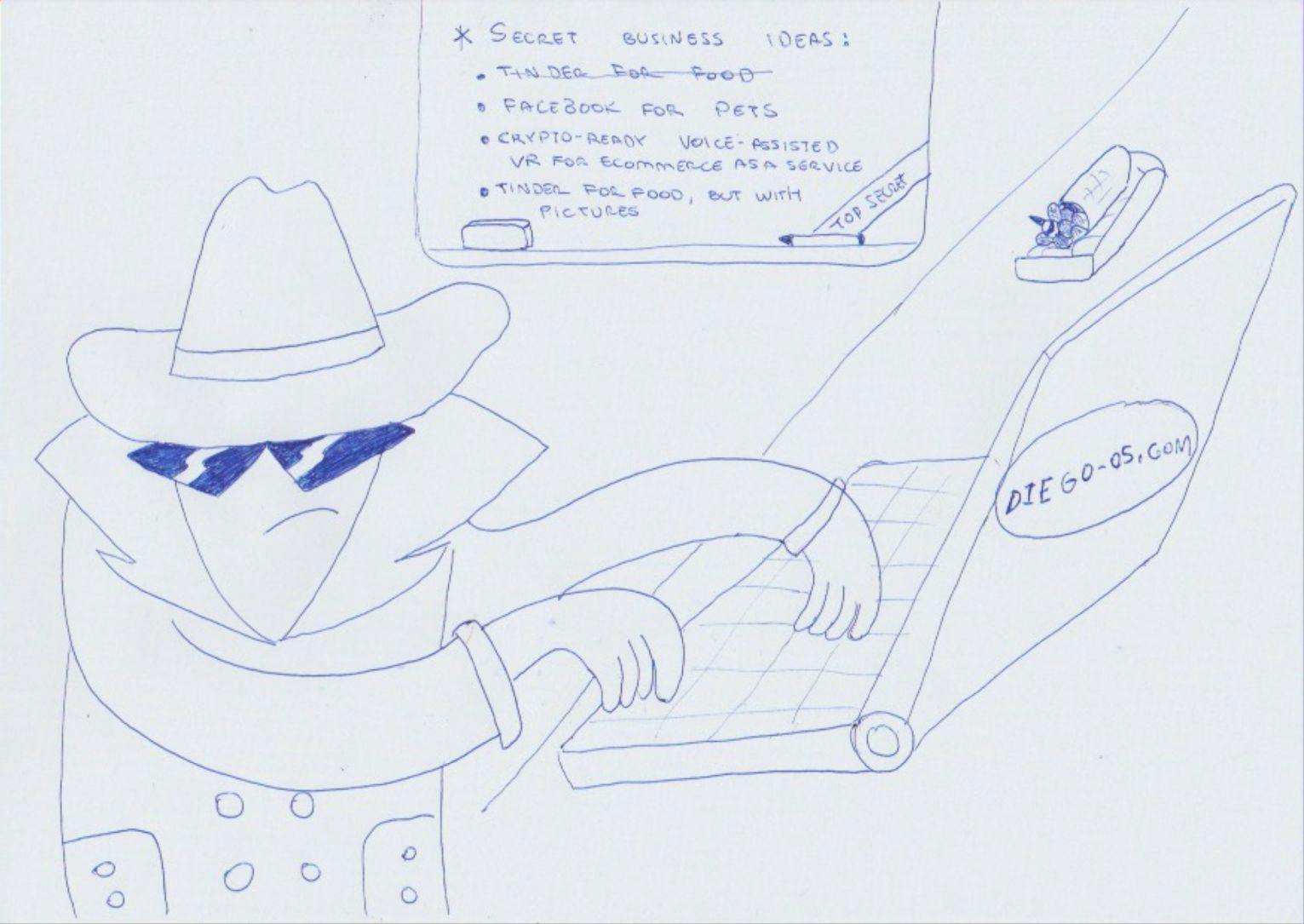152 reads
Why You Shouldn't Keep Your Startup a Secret
by
February 6th, 2021

Co-founder of nutriadmin.com, and mealplana.com - both bootstrapped SaaS apps. Full-time entrepreneur since 2015
About Author
Co-founder of nutriadmin.com, and mealplana.com - both bootstrapped SaaS apps. Full-time entrepreneur since 2015
